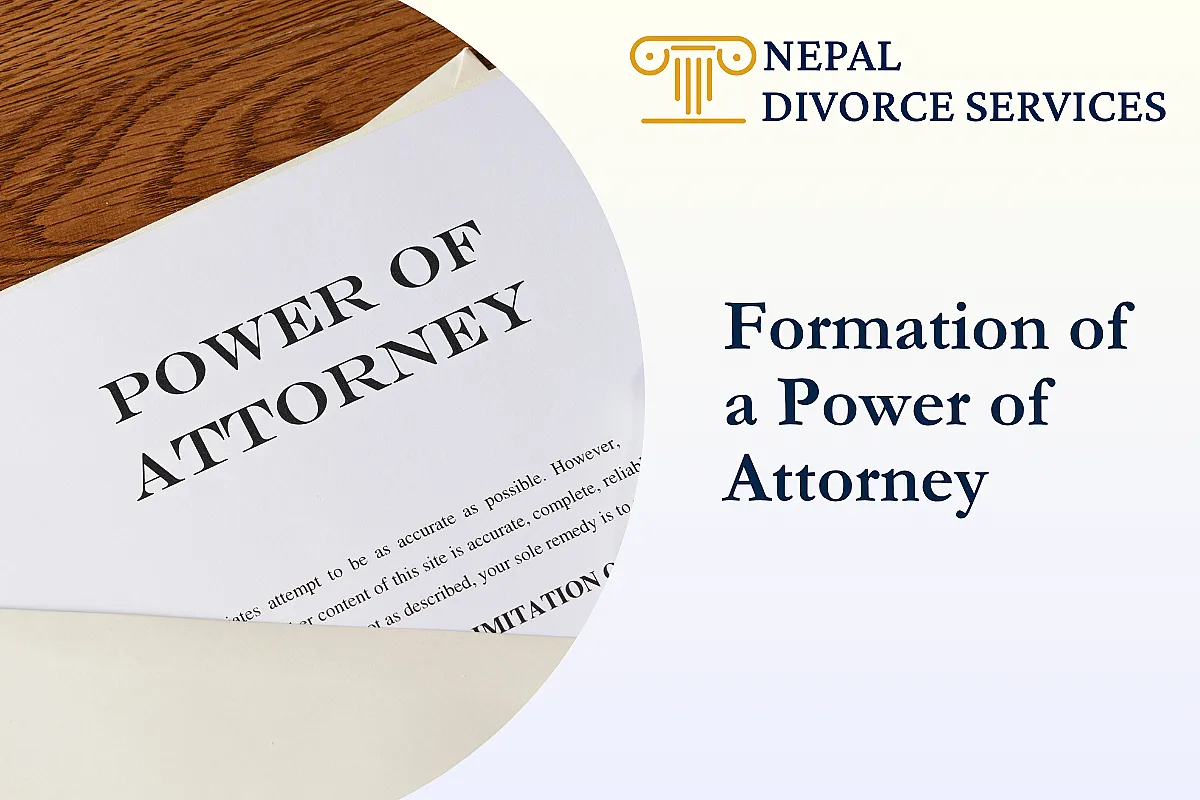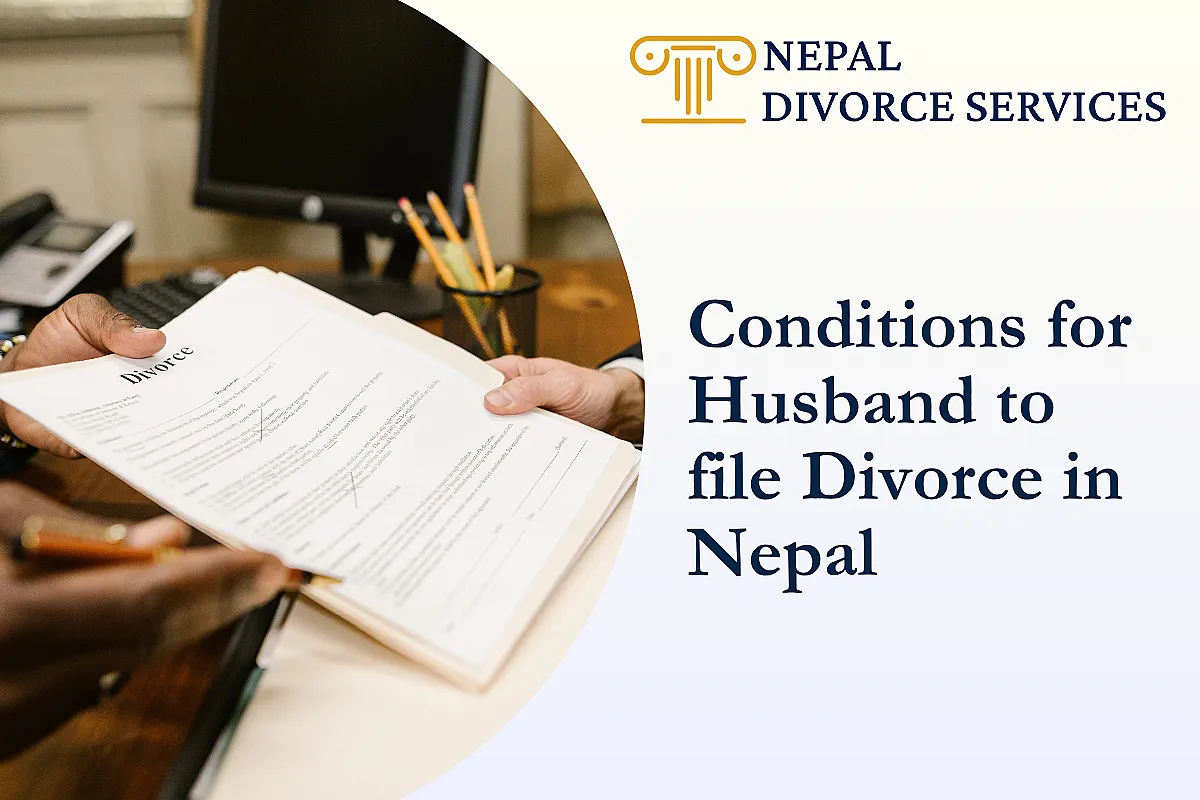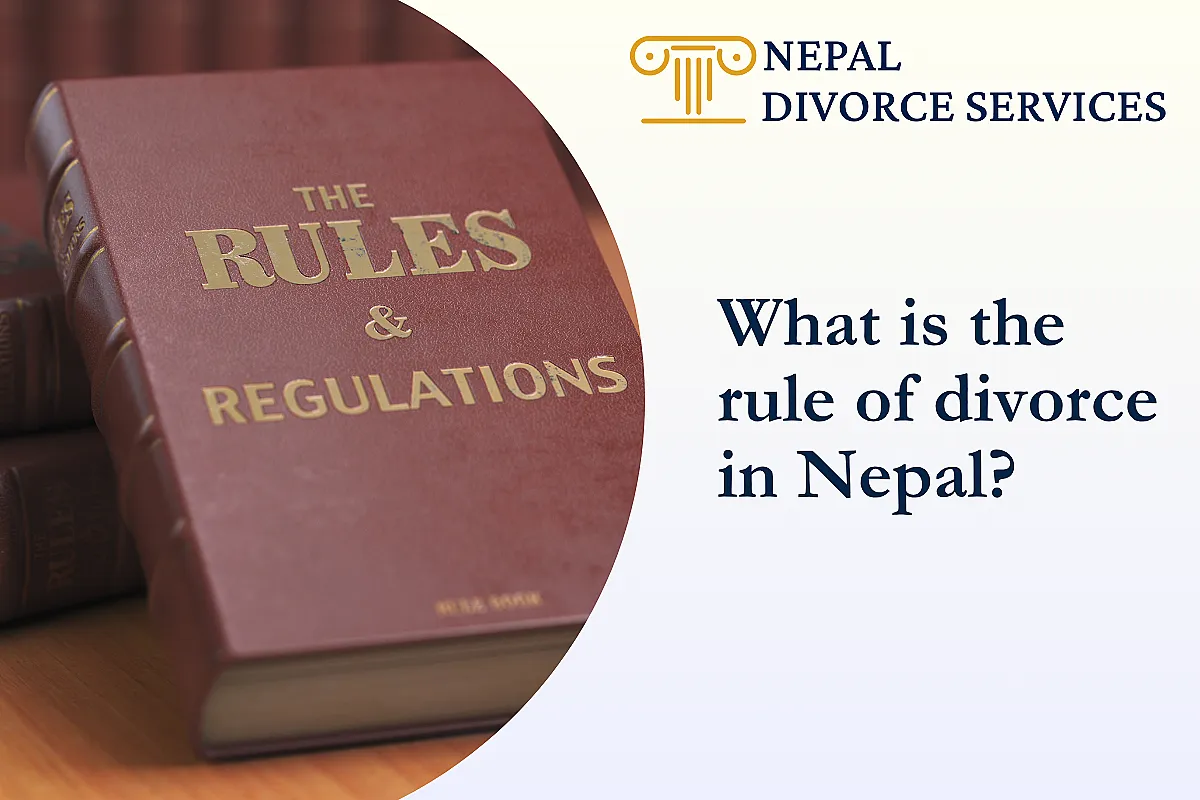Our Blog
- Home
- Blogs
10 Facts about Divorce in Nepal You May Not Know
Divorce is the legal termination of marriage between two people. It is a complex and sensitive issue that affects the lives of the spouses and their children. In Nepal, divorce is not very common, but it is also not very rare. There are various laws, procedures and factors that govern divorce in Nepal. In this article, we have shared 10 facts about divorce in Nepal that you may not know. These facts will help you understand the legal and social aspects of divorce in Nepal.
Formation of a Power of Attorney
A power of attorney (POA) is a legal document that gives one person the authority to act on behalf of another person in certain situations. The person who grants the power of attorney is called the principal, and the person who receives it is called the attorney-in-fact or agent.
Conditions for Husband to file Divorce in Nepal
Divorce is the legal termination of a marriage relationship between two spouses. In Nepal, divorce is governed by the Muluki Civil Code 2074, which provides the provisions and procedures for divorce in Chapter Three. There are two types of divorce in Nepal: divorce by mutual consent and divorce by court order.
What is the rule of divorce in Nepal?
Divorce is the legal termination of a marriage relationship between two spouses. In Nepal, divorce is governed by the Muluki Civil Code 2074, which provides the provisions and procedures for divorce in Chapter Three. There are two types of divorce in Nepal: divorce by mutual consent and divorce by court order.
Do we need lawyer for divorce in Nepal ?
Divorce is a legal process that allows individuals to end their marital relationship legally. In Nepal, like many other countries, divorce procedures involve complex legal requirements and can be a challenging process to navigate. One common question that often arises during divorce proceedings in Nepal is whether or not a lawyer is necessary to file for divorce. In this article, we will explore the role of lawyers in divorce proceedings in Nepal.

-medium.webp)



